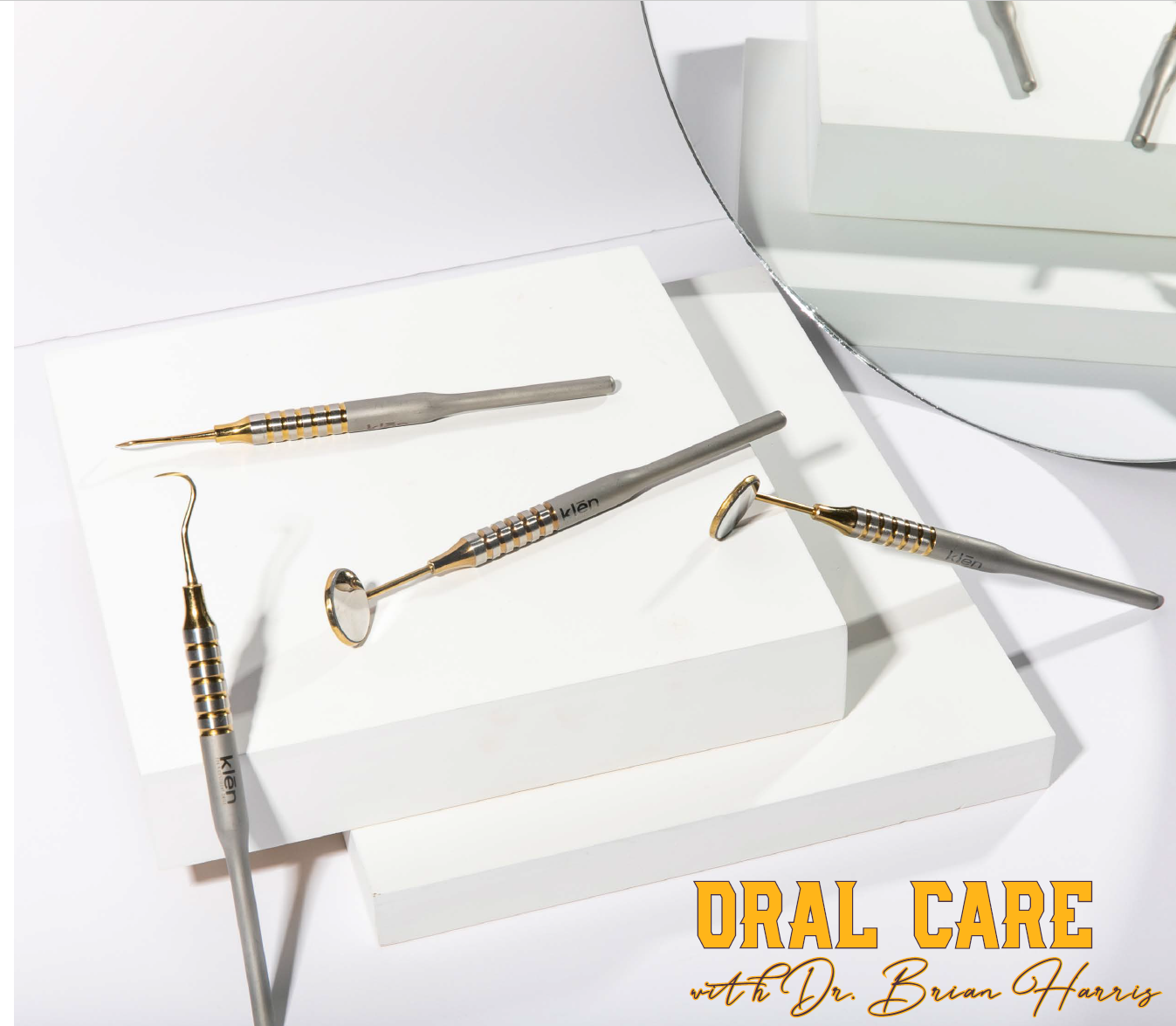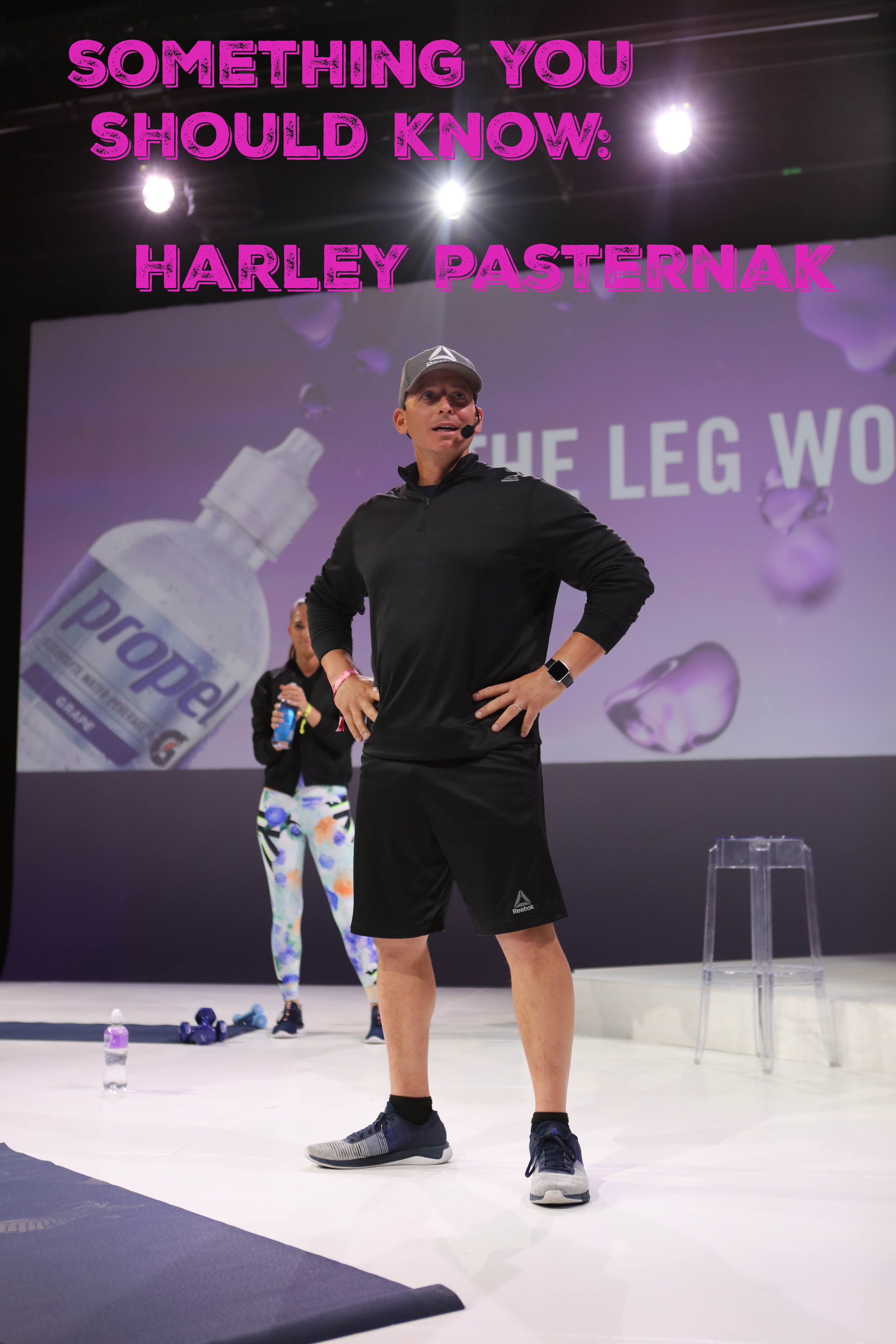PHOTO COURTESY | Roberto Nickson
Have you been looking for a way to deal with your stress?
Here's a secret that many are not aware of – simply having a pet around can significantly reduce your stress levels!
This is something that has been proven by science countless times, and the fact that owning a pet brings with it so many other advantages too is just another bonus.
HOW DO PETS HELP WHEN DEALING WITH STRESS?
The idea that pets can help with stress is hard for some to believe, but there are now more studies than ever that prove this.
When you are stressed, your body releases certain hormones, such as cortisol. These hormones put your body into “fight or flight” mode, which is something that used to help our ancestors deal with stressful situations (since these were usually life or death matters!).
In small amounts, there is absolutely nothing wrong with cortisol. In fact, it can even have its benefits.
However, today's modern day lifestyle means that cortisol levels often remain elevated in a person's body for an extended period of time. This chronic stress causes a number of different health problems, from high blood pressure and muscle weakness to mood swings, depression and anxiety.
So, how do pets help with this?
Simply having contact with a pet, or even just watching your pet, has the effect of lowering the amount of stress hormones in your body.
Not only that, but this contact can also lower the heart rate and blood pressure while calming feelings of fear and anxiety.
HOW DO PETS HELP TO PREVENT STRESS?
Helping to lower your stress levels in times of stress are just one of the ways in which pets can help...
Having a pet around also helps to prevent stress from occurring in the first place!
How?
Well, to begin with, owning a pet means that your blood pressure, heart rate, anxiety levels, and everything else are kept more steady and consistent. This makes you so much better equipped to deal with stressful situations in a calmer and more rational way.
Pets also help to combat feelings of loneliness, which is something that exacerbates stress. Not only do they provide so much unconditional love and companionship, but they also encourage socialization with other pet owners.
Certain pets, such as dogs, also require plenty of exercise and outdoor time. This has been proven to make a huge difference when it comes to keeping stress at bay (learn more here).
FINDING YOUR PERFECT PET
When pets are mentioned, most people immediately think of a dog or a cat.
There is no denying that those animals can really make a huge difference when dealing with stress, and bring with them a number of other benefits too.
However, a dog or a cat isn't for everyone...
If you aren't at home much, or have physical limitations, you may be better off with a pet that is easier to care for, such as a bird or a fish. These animals can provide the same stress-busting benefits as a dog or a cat, so keep an open mind when choosing a pet.
Stress can really take its toll on a person's overall health, which is why it is so important to minimize your stress as much as possible. Having a pet around is one of the easiest ways to do this, and will also make your life so much more enjoyable in general too!
Read more from the latest issue of Athleisure Mag.

















































































